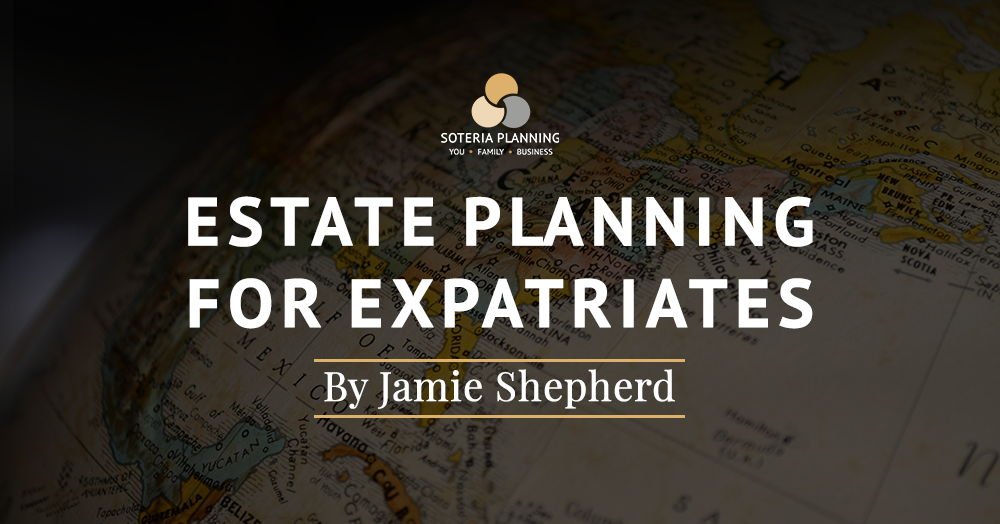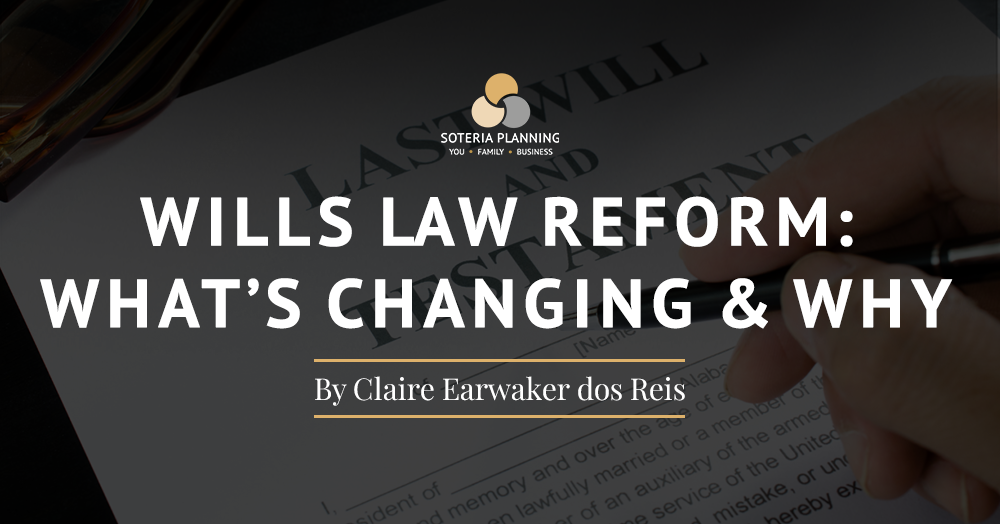In our interconnected world, it's increasingly common for individuals to live, work, and own assets in countries other than their homeland. For expatriates, especially those from the UK, estate planning presents unique challenges that require a nuanced understanding of international laws and strategic foresight. At Soteria Planning, we understand the complexity involved in managing global assets and the necessity of crafting bespoke estate plans to navigate diverse legal systems and tax regimes. This blog series will illuminate specific legal implications and strategies for estate planning across different jurisdictions, tailored for UK expatriates.
Understanding the International Legal Landscape
Each country has its own legal framework governing estate planning, inheritance, and taxation. For UK expatriates, this means assets held abroad may be subjected to different regulations than those in the UK. For instance, some countries enforce 'forced heirship' rules, which can contradict your personal wishes by mandating that certain portions of your estate must go to direct relatives.
Key Considerations for UK Expatriates
Domicile vs. Residence: It's crucial to distinguish between your domicile (the country you legally consider your permanent home, possibly the UK) and your residence (where you live currently). These play a critical role in determining how your estate will be treated under various legal systems.
Multiple Wills: Having a separate will for each jurisdiction where you hold significant assets can simplify legal proceedings. Care must be taken to ensure these wills do not conflict, particularly regarding the appointment of executors and the distribution of assets.
Tax Implications: Understanding the tax implications in each jurisdiction is essential. Assets abroad might be liable for inheritance taxes in both the country of location and the UK. It's important to investigate whether double taxation agreements are in place to mitigate such liabilities.
Estate Planning Strategies
Local Legal Expertise: Engage with legal experts in each jurisdiction where you hold assets to align your estate plan with local laws and ensure all legal documents are correctly formulated.
Consolidating Assets: Where possible, consolidating assets to fewer jurisdictions can reduce the complexity and costs associated with managing your estate.
Utilising Trusts: In some jurisdictions, the use of trusts can offer substantial benefits. Trusts can provide more control over how your assets are managed and distributed, potentially circumventing cumbersome probate processes in certain countries.
Regular Reviews: As circumstances change or as laws evolve, regularly reviewing your estate plan is crucial. This includes changes in your family dynamics, the acquisition or disposal of assets, or significant legal updates in countries where you have interests.
Practical Insights and Case Studies
Throughout this series, we will present case studies that highlight specific challenges faced by UK expatriates and offer practical advice for effective estate planning. Our aim is to help you comprehend the complexities and equip you with the knowledge to make informed decisions.
Conclusion
Estate planning for expatriates demands a tailored approach that considers the intricacies of international law and personal circumstances. At Soteria Planning, we are committed to offering you expert guidance and support throughout your estate planning process. By understanding the legal implications across different jurisdictions, you can ensure that your global assets are effectively protected and your legacy secured.
Should you have any questions about the content of this blog, feel free to reach out to our friendly team on 01344 531521 or request a meeting with one of our Advisors here.
For bespoke advice and to discuss your particular needs, please contact our team at Soteria Planning. We are here to assist you in navigating the complexities of international estate planning, ensuring your peace of mind for the future.






Share this with
Email
Facebook
Messenger
Twitter
Pinterest
LinkedIn
Copy this link